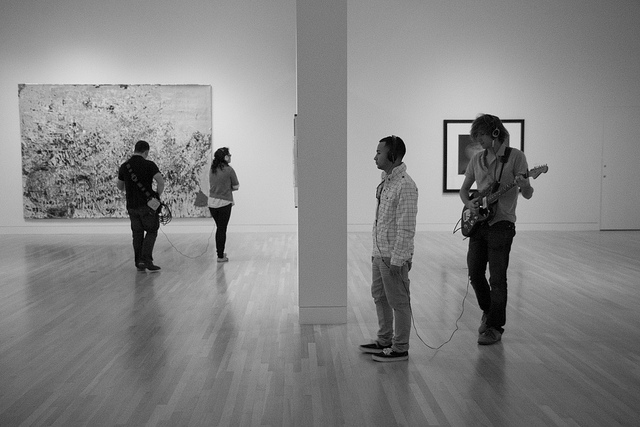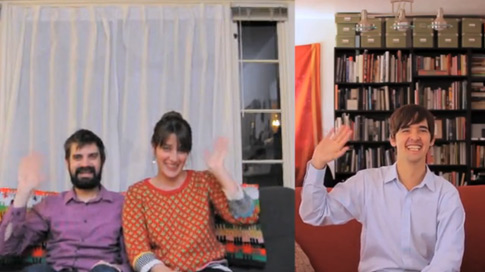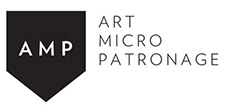New Project: The People’s E-book
January 31st, 2013 by eleanor - art publishing blog neat projects new models opportunities

Last fall, we went to a conference in Seattle and presented on a panel called Moving Forwards by Looking Sideways: Creative Thinking in Museum Digital Strategy. This was a great opportunity for us because one of the things we’ve been thinking about a lot is ways that we might partner or work with museums to do projects that would benefit larger communities. One of our co-panelists, Greg from Hol Art Books, brought up the idea of Museums employing and/or creating space for artists and startups in residence allowing the museum to not have the responsibility for “crazy” stuff they might do, but also gain the rewards of the programming, energy, and community building that these small groups might generate. The artists or startups on the other hand get a little time and money to activate collections and larger audiences that are normally beyond their reach. There are some examples already in place for this. We love this idea and have been talking it up a bit, but something we’ve learned is that museums move slowly and in order for something like this to get implemented, it will likely take years, not months.
 Live Museum Soundtrack, Machine Project at the Hammer Museum, 2010-11
Live Museum Soundtrack, Machine Project at the Hammer Museum, 2010-11
Meanwhile, little guys like us and Hol Art Books can move pretty fast. We hung out a lot with Greg while we were at the conference and spoke a lot about e-books – what they are, how they’re programmed, and why artists aren’t making more of them. We quickly realized that they really are an untapped medium and started thinking of all the e-books that we should start making. One great thing about them is that there is already a funding mechanism built in. People are used to paying for books and e-books and inherently understand that transaction. Yet they are built on html and the structure is open enough that there is room for a good amount of play, as long as you allow for the fact that the different readers, just like different browsers, each have their own set of rules.

Greg has had an idea floating around for an e-book builder that would allow many more people to start to play with creating, publishing, and selling e-books. It would make creating an e-book as easy as writing a blog post. But he needed a partner to build it, and as this project fits nicely with our mission of creating systems and tools that facilitate the funding and distribution of artist projects, we offered to be that partner.

Tonight, we launch our very first Kickstarter campaign to fund the creation of that project, The People’s E-book. Help us realize this dream. There are some nice rewards that will encourage further learning, collaboration, and publishing of e-books at all levels. E-books for everyone!
1 Comment »
Additional comments powered by BackType










Quality articles is the key to be a focus for the visitors to go to see the web site, that’s what this web site
is providing.